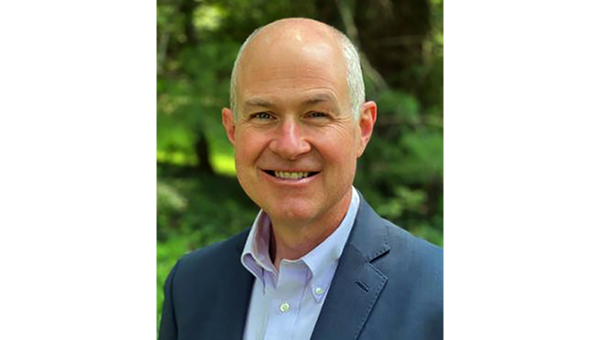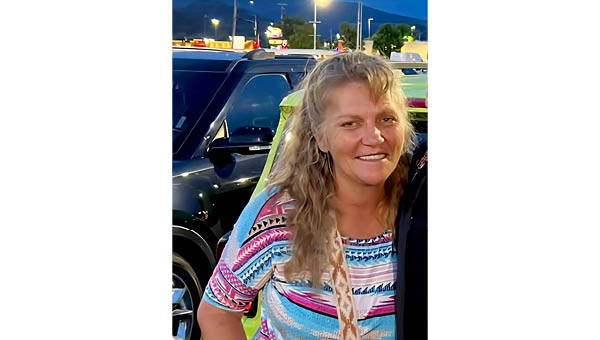Senior Moments’ may be due to multi-tasking
Published 9:44 am Wednesday, February 21, 2018
By VICKIE CLARK
Question: Help. I keep having these “senior moments.” What’s wrong with me?
Answer: Much of the time, what people experience as a memory problem is really a not-paying-attention problem.
Because many older adults lead complicated and busy lives, our minds are often going in many directions at once. Multi-tasking could be the problem with your ability to remember. If you want to put your memory to maximum effectiveness, try mono-tasking. Did you leave an important document at home that you needed to bring to work? Chances are you put the document somewhere it shouldn’t have been at home because you were thinking about something else at the time, or carrying up the laundry while holding it, or thinking about what you’re going to cook for dinner. If you actually stopped doing three things at once and thought about putting the document in your briefcase, there is a very good chance it would have made it with you to work rather than languishing at the bottom of your sock drawer.
Being able to use your mind and keeping it active will help you feel more mentally competent and so contribute to your overall well-being. You can’t use your mind to maximum advantage if you are convinced that it is decaying because once you believe it is gone, it will be gone.
The true danger of the senior moment lies in the phenomenon known as stereotype threat. Your memory will deteriorate the more you believe in the “senior moment” and the more you are made aware of it.
In other words, thinking that you’re having a senior moment may cause you to have that senior moment. We are finding that when people feel that they have lower memory ability (whether or not they do), they ultimately perform more poorly.
If we could banish the term “senior moment” completely, then, it could help set the stage for a new era in which middle-aged and older people don’t worry about and doubt themselves every time their memory fails them. Those mental blips are a normal part of life, and the chances are, they are not the beginning of an inevitable decline. Keep up your faith in your mental abilities, and your mental abilities will continue to serve you long and well.
Vickie Clark is the Director of the Carter County UT Extension Office and also serves as the Family and Consumer Sciences Agent. If you have questions or need any information related to Family and Consumer Science contact her at the UT Extension Carter County, 824 East Elk Ave., Elizabethton, call 542-1818 or email at vclark@utk.edu.





